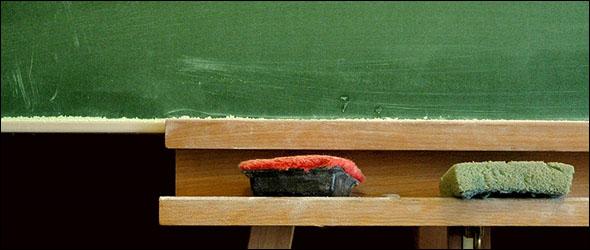
The following concept is pretty different from what I normally write about, but I think it’s really neat, and hope some people will find topics like this quite interesting!
The Most Useful Course in High School (in my opinion)
If you were to ask me today what my most useful high school course was, I would have to say Data Management. Ironically, Data Management is not really a prerequisite for any but a few programs. For those of you who haven’t taken Data Management, it was a course that covered basic probability, statistics, distributions, and other things of the like. And although it is a mathematics course, I would have to say that many concepts it covered are more useful to the way in which we live than the concepts taught in any other high school course. There are far too many to count and explain, but there’s one in particular I’d like to write about today.
Frequency Distributions
One of the really neat concepts you would learn in Data Management is the idea of a frequency distribution. Many of you probably know this, and if not, it’s a pretty simple idea. A frequency distribution is basically a mathematical representation of the frequencies for possible outcomes of an event. For example, a sample frequency distribution for the grades in your 30 student class could be 10 A’s, 10 B’s, 5 C’s, and 5 D’s. These frequencies could also be represented as fractions or percentages of the total class.
Simple enough, right? In spite of its simplicity, the powerful of this concept is in recognizing that thinking in terms of frequency distributions can apply to so many more things than just the examples about classroom grades in your Data Management or Statistics textbook. One of the really cool things is that you can use the concept of frequency distributions to solve problems and make better decisions.


